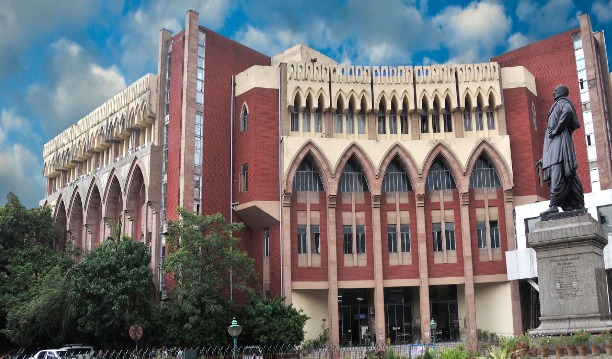
The Calcutta High Court recently cancelled the appointment of 36,000 “untrained” primary school teachers hired by the West Bengal Board of Primary Education in 2016.
The single-judge bench of Justice Abhijit Gangopadhyay observed, “From the gross illegality in the selection procedure in the recruitment exercise of 2016 conducted by the Board, it is clear that the Board and its officials, including its former President (who is now in custody after arrest by the Enforcement Directorate for transaction of huge money in the recruitment procedure), conducted the entire affair like affair of a local club, and now it is gradually coming to light by investigation of Enforcement Directorate that jobs for primary school teachers were actually sold to some candidates who had the money to purchase the employment.”
He added, “A corruption of this extent had never been seen in West Bengal. The former Education Minister, the former President of the Board, and a number of middlemen through whom employment were sold like commodities are now behind jail, and the CBI and ED investigations are still ongoing.”
However, the Court ordered the West Bengal Board of Primary Education to organise a new recruitment process within three months for candidates who participated in the 2016 recruitment process. No new or other candidates will be permitted to participate in such a recruitment test.
It was ordered that all examinees undergo both an interview and an aptitude test, and that the entire interview process be meticulously videotaped and recorded.
The Court further stated that if any candidate who participated in the 2016 recruiting process has crossed the age bar in the interim or would cross the age bar within 3 months of the date of the recruitment, they will be entitled to participate in the recruitment exercise.
The Court further ruled, “The primary teachers who are currently employed in Primary Schools against the recommendation of the Board in respect of the 2016 selection process shall be allowed to work in the respective primary schools where they are currently employed for a period of four months from date at the remuneration equal to a Para Teacher of Primary School, and if any of such teachers are recommended again by the Board after the selection process as has been directed above, those candidates shall work in the Schools where they are working now and they shall get notional benefit of their seniority with no monetary benefit at all but the salary of primary teachers for the coming 4 (four) months shall not be given to them if they are employed again. The present employed candidates who will not succeed in the above-mentioned selection process, their services shall be terminated.”
The current writ petition was filed by 140 writ petitioners who qualified in the Teacher Eligibility Test 2014 (TET 2014), participated in the 2016 recruiting process, and were called for interviews but were not appointed.
During the hearing, the petitioners disclosed various details collected from the Board’s website that demonstrated serious irregularities in the preparation of the panel for the 2016 recruitment process, particularly with regard to untrained candidates who were hired during the 2016 recruitment process.
The petitioners wanted the marks of the last empaneled candidates from various categories such as SC, ST, OBC, and so on, but the Board did not provide or produce such information despite the Court’s decision.
The Court observed, “In the affidavit in opposition of the Board, the Board maintained silence in this regard. This is nothing more than the concealing of facts from both petitioners and the court.”
“In regard to the holding of aptitude tests, the chairman of Board stated in his report that aptitude tests were taken, but from the evidence adduced by the interviewers and the candidates, it has been proven before this court that no aptitude test was taken,” the Court added.
The Court concluded that giving candidates marks based on aptitude tests is a completely illegitimate and deceptive practise designed to deceive all parties involved, including the court.
The petitioners also claimed that candidates with very low marks in Secondary, Higher Secondary, and TET were given 9.50 and 10 marks, respectively, in the interview and aptitude test (no aptitude test was taken at all), and the allegation that there was no aptitude test was proven before the Court through evidence from the candidates and interviewers on record.
The Court remarked, “The Board has not given any reply in respect of the petitioners’ allegation in the pleadings regarding non-empanelment of reserved category candidates in the panel for general category candidates of those reserved category candidates who got better marks than the general category candidates in open competition. As a result, the Board has violated the Supreme Court’s declared legislation and committed grave illegality.”
The Court also noted that, despite the fact that Rule 7 of the West Bengal Board of Primary School Teachers Recruitment Rules of 2016 requires the formation of a selection committee, no such committee was formed for the purpose of selecting eligible candidates and preparing a panel of such candidates for appointment as teachers.
“It was done by one outside agency, a third party that was not at all a part of the Board, and this third party was referred to as the ‘confidential section’ of the Board. This clearly violates the Recruitment Rules. The Board has remained completely silent in this regard,” the Court stated.




